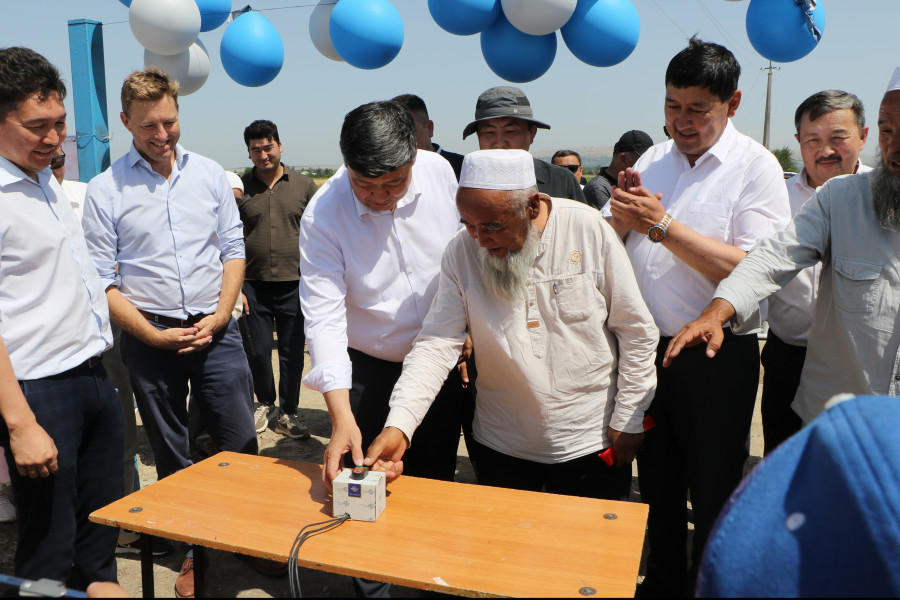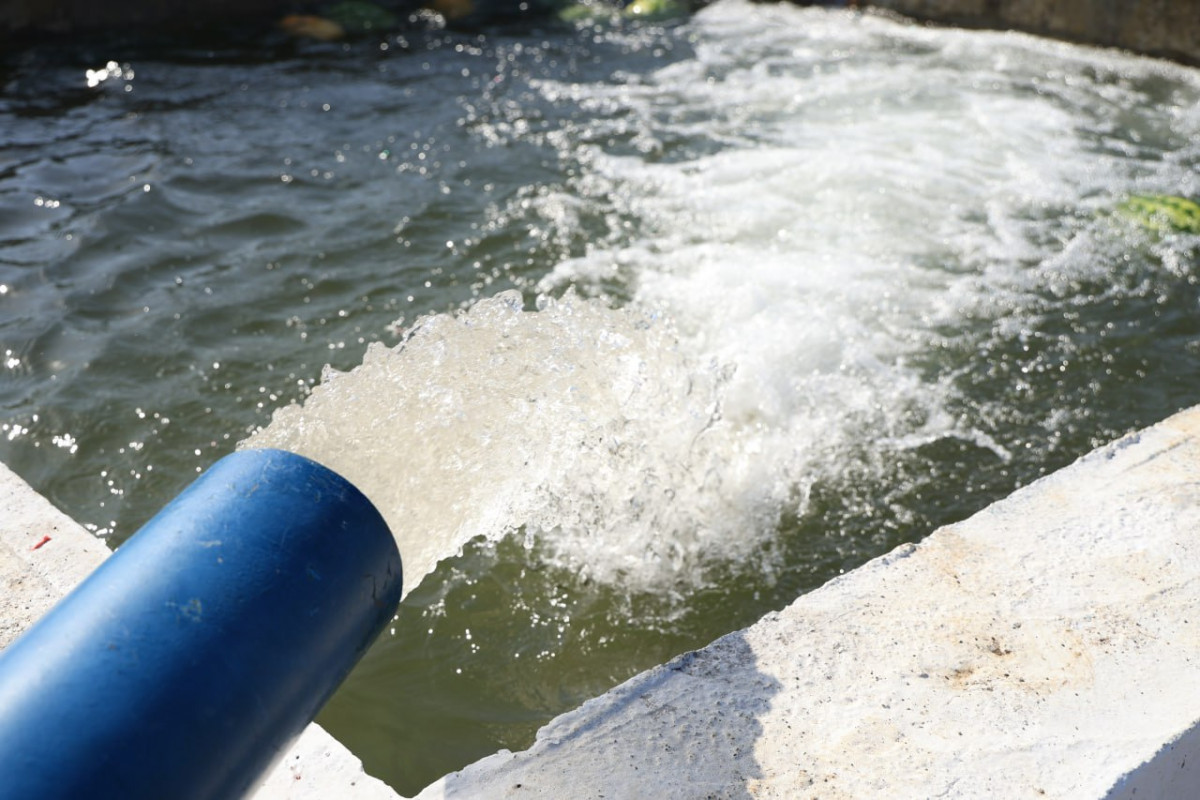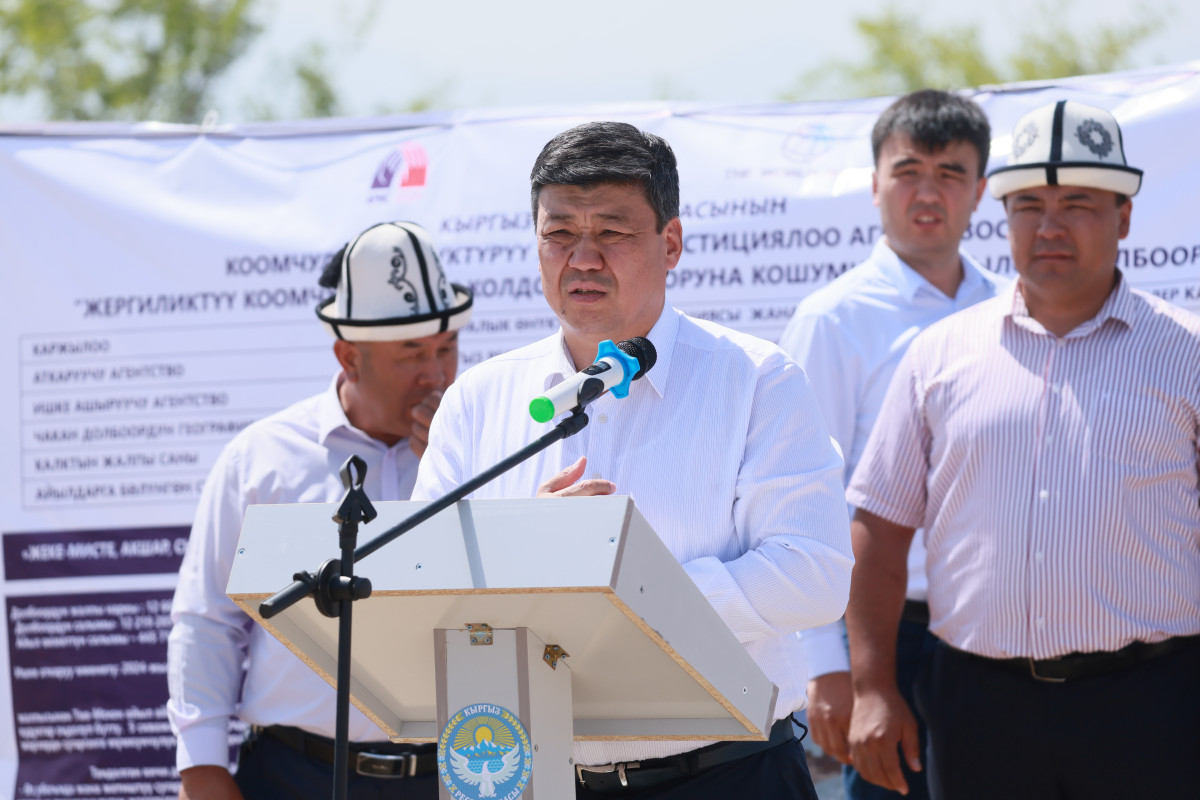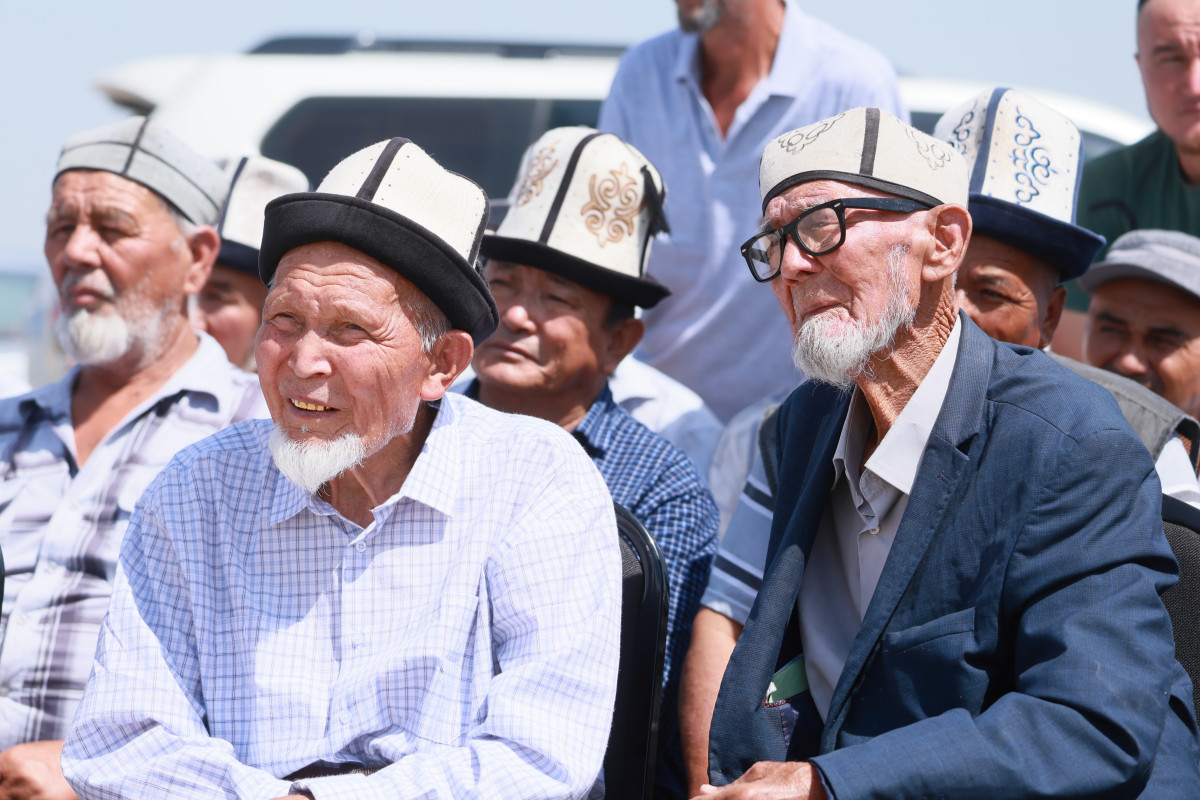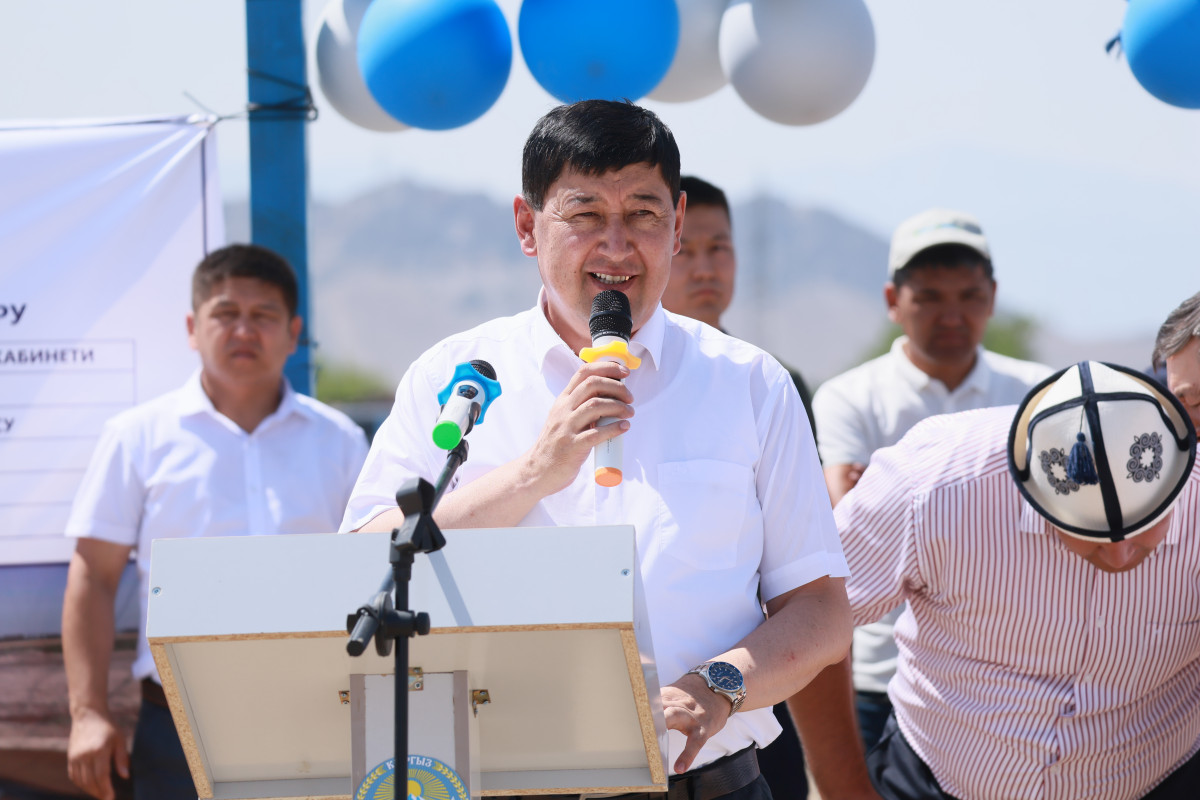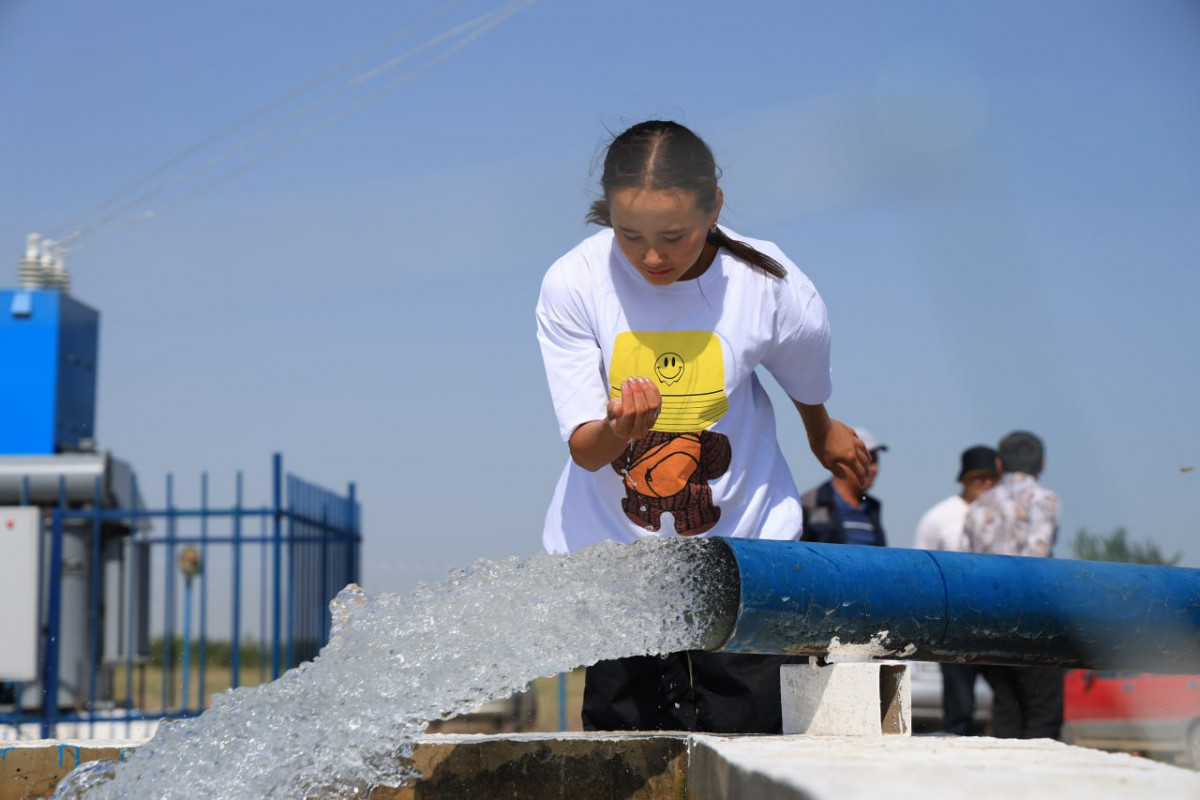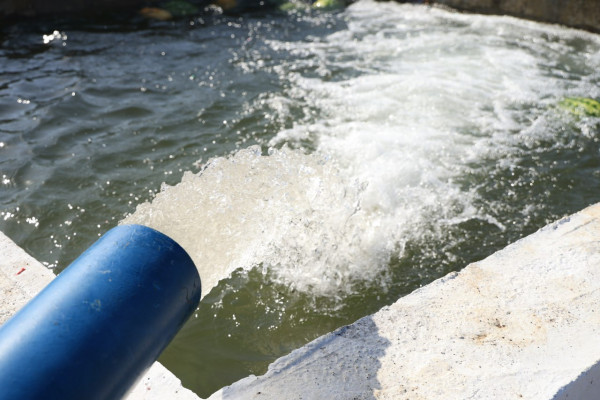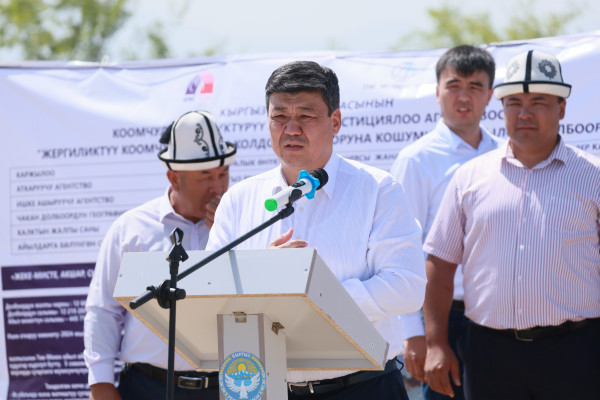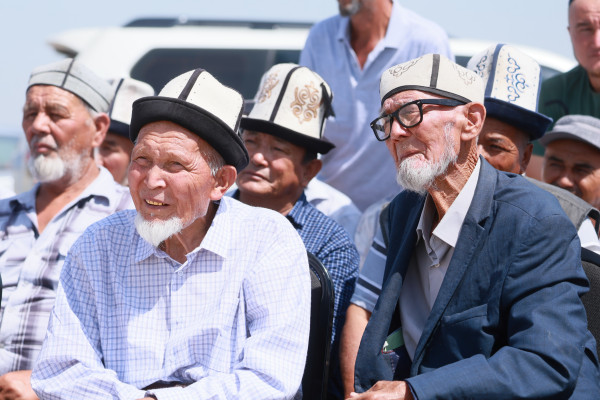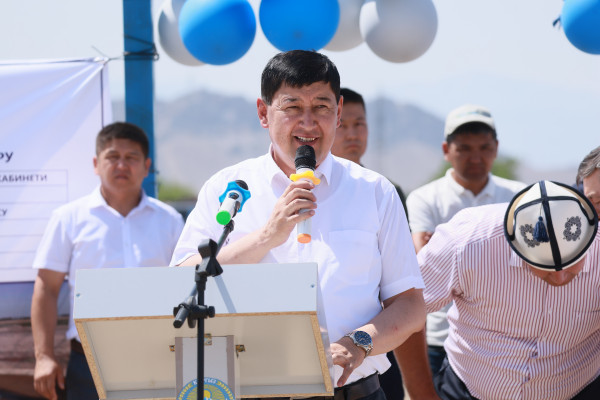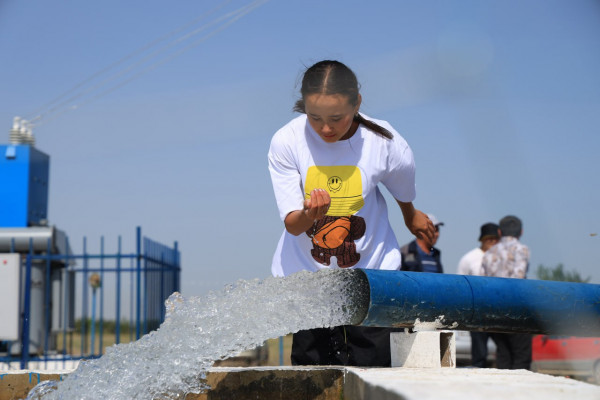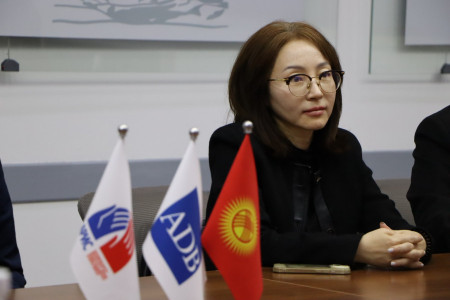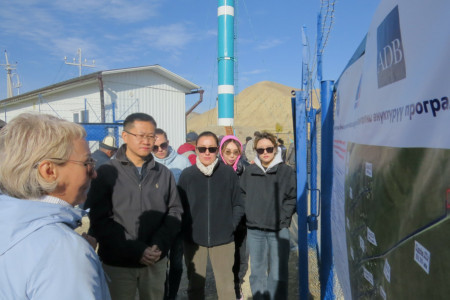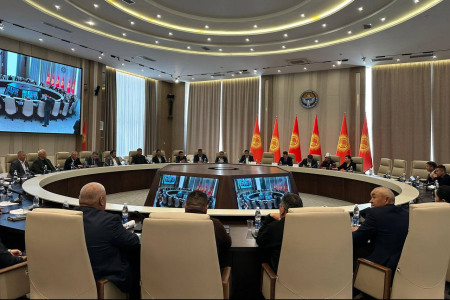ARIS: Irrigation Water supplied to 250 Hectares in Too-Moyun village
Wells providing irrigation water to over 20,000 residents across five villages in Too-Moyun Ayil Aimak, Aravan District, have been put into operation.
Recent years have seen a decrease in runoff and disruptions in the water balance due to climate change. With a 40% loss of water, the Naiman reservoir nearly drying up, deteriorating domestic irrigation systems, and non-functional wells, the agricultural community in Too-Moyun Aiyl Aimak faced significant challenges. Farmers experienced losses averaging 3.6 million soms, and around 300 plots of land remained uncultivated.
Since the issue was well-known to the public, they initiated a comprehensive renovation of the wells to improve irrigation for agricultural purposes and support future investments in the region.
This involved clearing debris, installing supports, laying transmission lines, replacing pumps, installing transformers, and fully restoring neglected wells.
As a result, irrigation water has been delivered on time to fields in five villages, allowing farmers to cultivate previously unused lands and produce abundant crops. Additionally, the subproject has helped mitigate internal conflicts related to water disputes and provided irrigation to perennial gardens, positively impacting the effects of climate change.
To celebrate the completion of the subproject, the villagers organized an opening ceremony, inviting all involved partners. The ceremony was attended by B.E. Torobaev, Deputy Chairman of the KR Cabinet of Ministers and Minister of Water Resources, Agriculture, and Processing Industry; E.N. Djantaev, Representative of the KR President in Osh Oblast; Hugh Riddell, the World Bank Country Manager in KR; Mars Naspekov, Executive Director of ARIS; and other representatives from the World Bank, ARIS, and the local community. The public expressed their gratitude and showcased the subproject's results during the event.
This small subproject was implemented under the ARIS “Additional Financing of CASA-1000 Community Support Project,” supported by the Cabinet of Ministers of the Kyrgyz Republic and financed by the World Bank.
